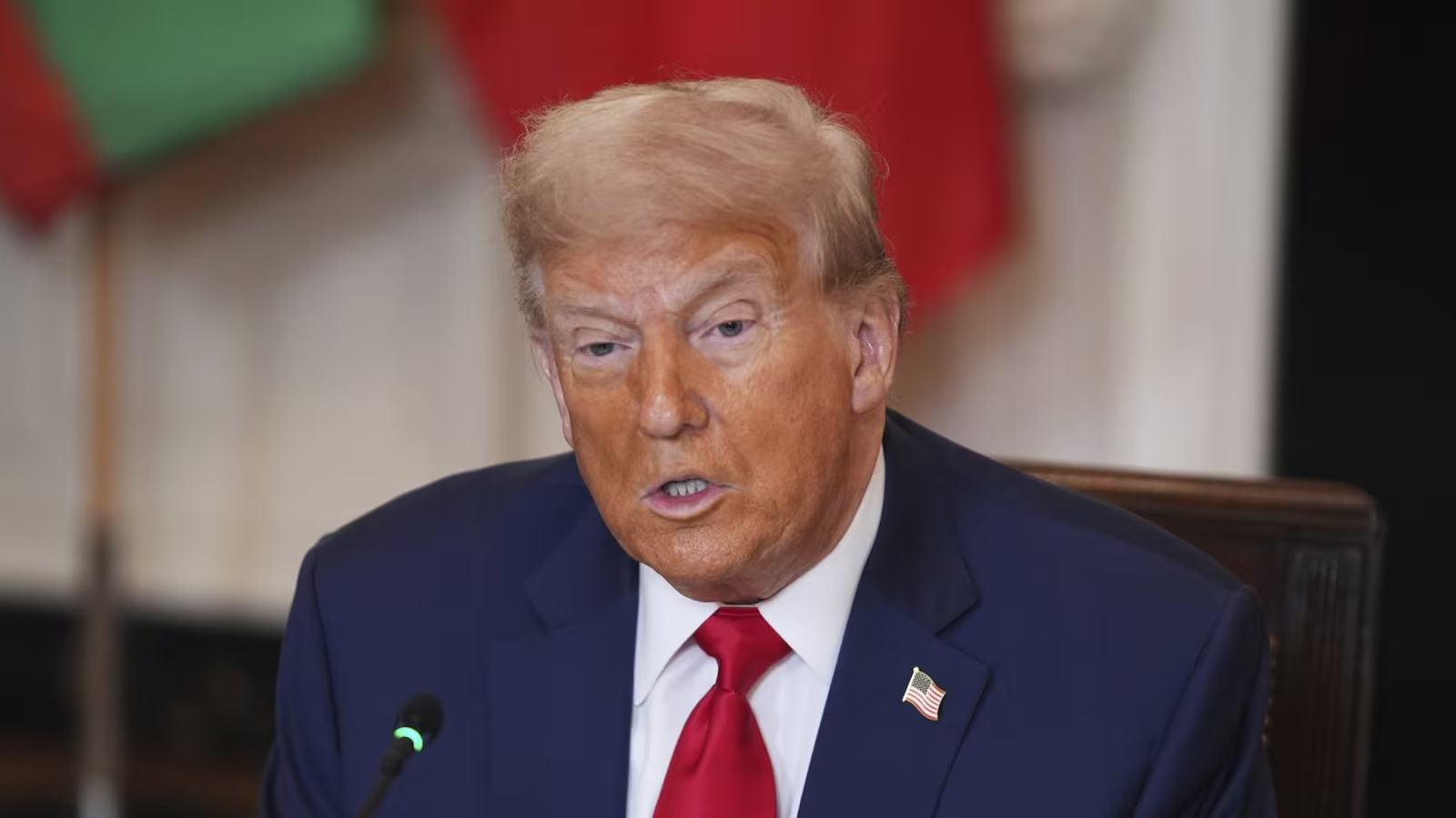The Canadian pharmaceutical sector is expressing growing concern following U.S. President Donald Trump’s recent proposal to impose a 200 per cent tariff on pharmaceutical imports, a move aimed at reducing American dependence on foreign drug manufacturing.
While Canada is not believed to be the primary target of the proposed tariff—President Trump specifically mentioned countries like China and India—industry experts warn that Canada could be caught in the crossfire, with serious implications for domestic drug manufacturing and supply.
Jim Keon, President of the Canadian Generic Pharmaceutical Association (CGPA), emphasized that although Canadian exports make up less than 5 per cent of generic medicines sold in the U.S., the loss of access to the American market could make it economically unfeasible for Canadian manufacturers to continue producing certain generic medications solely for the Canadian market.
“If Canadian drug makers are shut out of the U.S. market, it could severely disrupt the viability of key production lines,” Keon warned.
President Trump announced on Tuesday that while he is considering the massive tariffs, drug manufacturers would be given 12 to 18 months to adjust before any new duties are implemented.
The CGPA is urging the Canadian government to ensure that pharmaceuticals are protected under the current economic and security agreement negotiations between Canada and the U.S., and that tariff-free access is maintained.
This latest tariff proposal comes amid broader U.S. efforts to re-shore drug manufacturing and reduce supply chain reliance on foreign nations following recent global health crises.
Canadian officials have not yet formally responded to the proposed tariffs, but sources suggest the issue will be raised in upcoming bilateral discussions.

